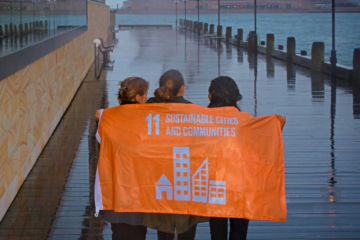The World Health Organisation has awarded the Central Asian country of Uzbekistan as officially ‘malaria-free’.
The country accredits this achievement to their ‘holistic approach‘ to malaria elimination, including health checks at the border with neighbouring countries Tajikistan and Afghanistan.
The Global Fund, an international funding source, provided Uzbekistan with money to ensure access to bednets, spraying equipment, training activities, medicines, transportation for drugs and laboratory equipment.
Uzbekistan, home to 32 million people, first eliminated the disease in 1961 but this accomplishment didn’t last long. The country eliminated malaria for the second time in 2010 and has now secured official WHO certification.
This certification follows Paraguay, a South American country that received the certification earlier this year.
This announcement means that the number of malaria-free countries in the European Region now stands at 19. Globally, a total of 36 countries and territories have received this WHO certification.
Dr Pedro Alonso, the Head of WHO’s Global Malaria Programme, shared the news on Twitter.
Some good news today to share: ??Uzbekistan has been certified #malaria free by @WHO. Here’s the story of how the country achieved – and maintained – its malaria-free status https://t.co/pL1CqSEf42 pic.twitter.com/b9NJqz1Y37
— Pedro Alonso (@PAlonsoMalaria) 7 December 2018
The World Health Organisation awards ‘malaria-free’ status when a country has proven, beyond reasonable doubt, that malaria transmission has been interrupted nationwide for at least the previous three years.
The declaration of elimination is announced after expert reviews, field assessments and a final report that determines if a country fits the criteria to be certified ‘malaria-free’,

